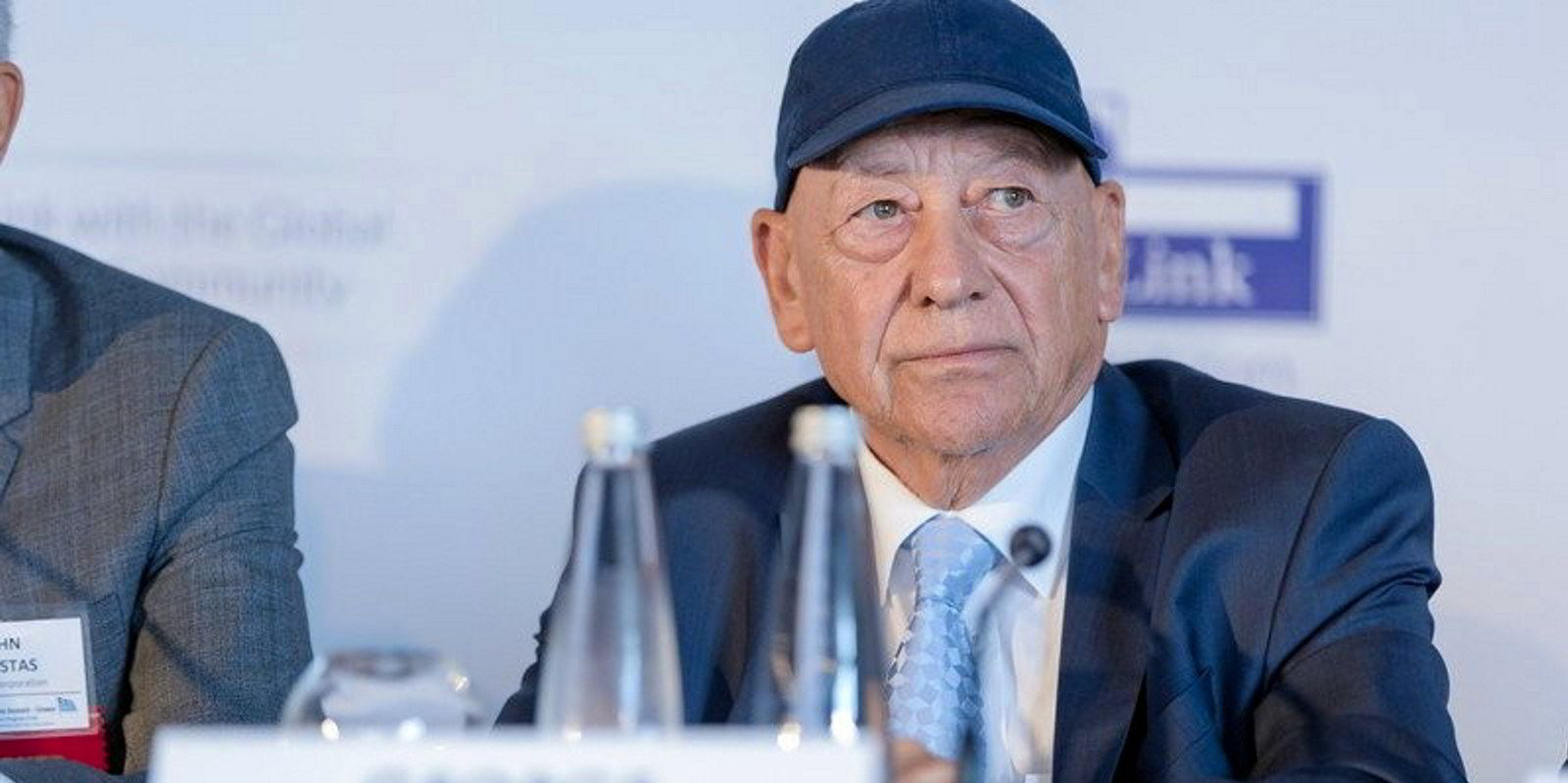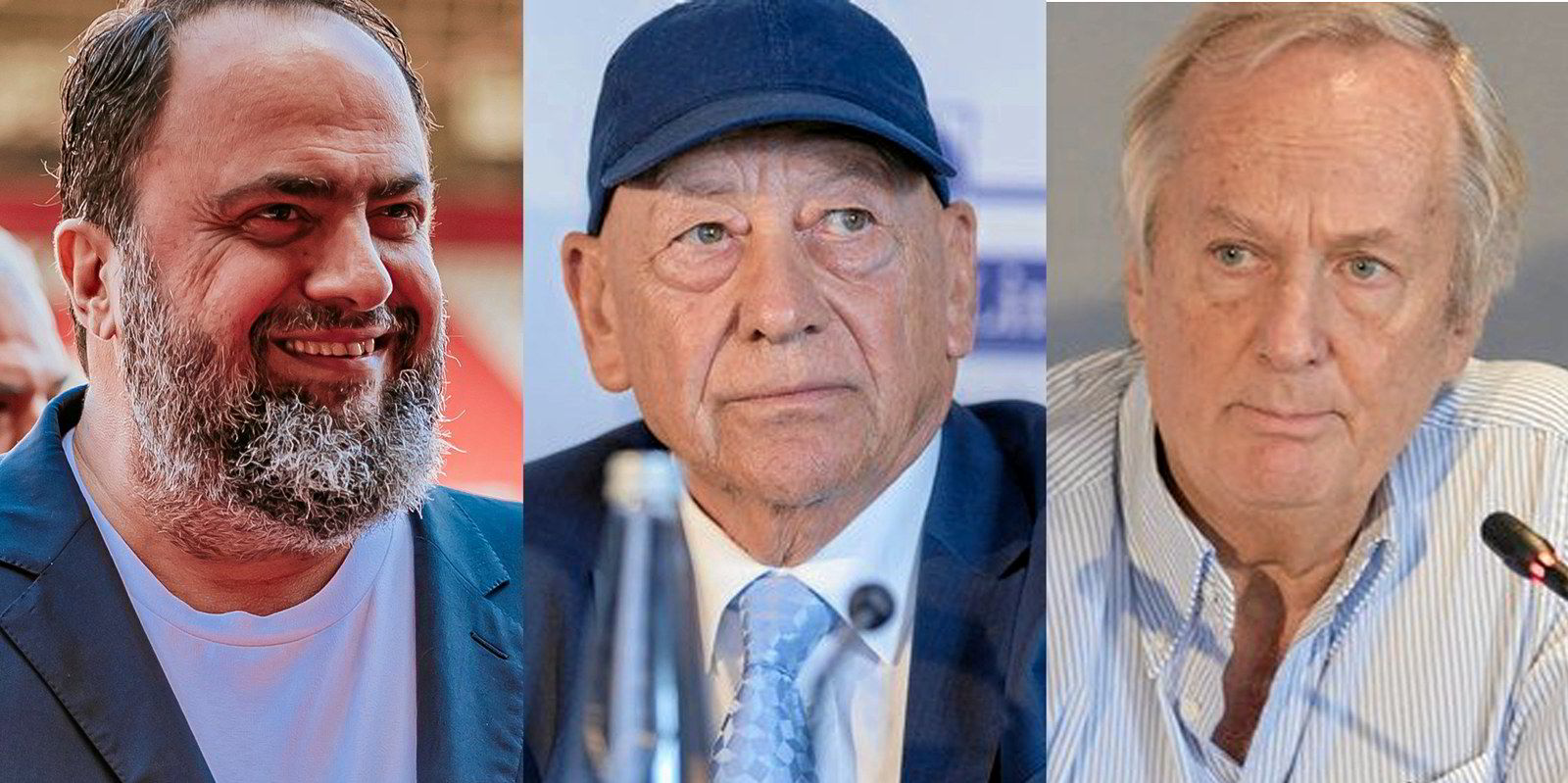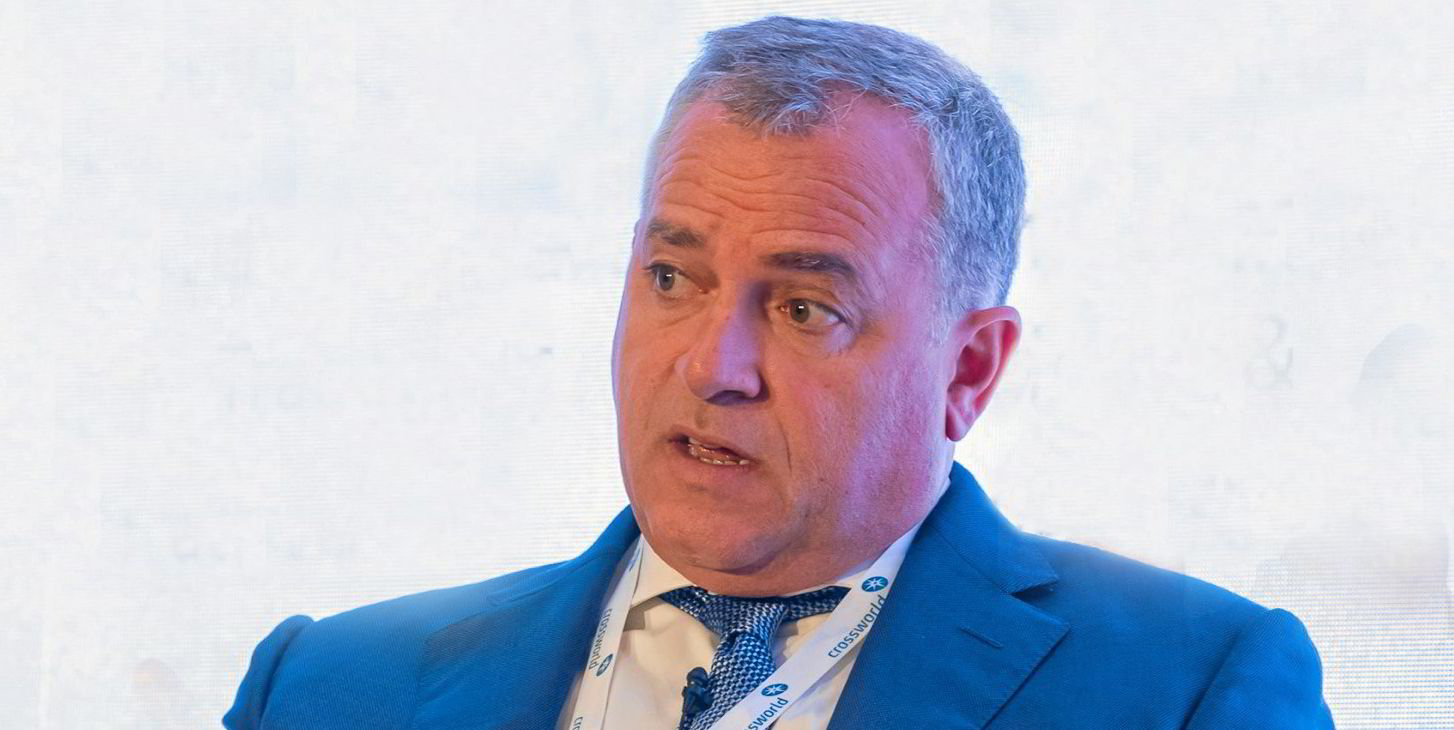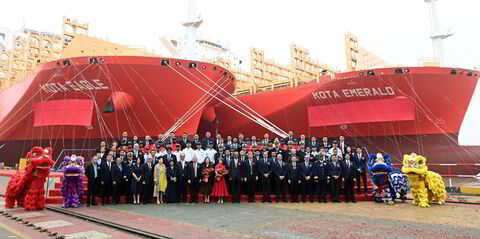Tanker markets reshaped by geopolitical conflict have been a bonanza for shipowners seeking to offload their older vessels and raise cash to acquire new ones.
When the oil carrier market was in the doldrums in 2020 and 2021, it did not look as though owners would have the chance to get rid of their oldest tankers at anything above scrap value.
The Ukraine war, which began in February 2022, turned things upside down, creating ample demand, especially in non-Western parts of the world that continue importing Russian oil without inhibitions.
Greeks were not the only Western owners to sell ageing tankers at soaring values.
Their sheer weight in that market, however, combined with their innate asset play instincts, has propelled Greek tanker sales volumes to remarkable proportions.
Between March 2022 and the end of April 2024, Hellenic owners raised $7.9bn from the confirmed sale of 261 tankers, according to TradeWinds data compiled from company announcements, shipping registrations and pricing estimates in broker reports.
If one adds a further 19 sales worth $1.2bn reported by brokers over the past few months but not yet confirmed, the total rises to 280 tankers sold for $9.1bn.
For comparison, Greeks sold just eight tankers for scrap during the entire period. The last demolition sale of a Greek-controlled tanker was more than a year ago, in March 2023.
On the conservative assumption that about half the deals that have not been confirmed yet will ultimately fail to materialise, it seems logical to conclude that Greeks sold about 270 tankers in the said period for about $8.5bn.
Big players with many ships on their hands played the game on a much grander scale than others.
Thenamaris divested at least 16 ships in that period, offloading 1.9m dwt of tonnage for estimated proceeds of $580m.
As part of a conscious decision to lower its exposure to the segment, product tanker player Prime Marine sold 16 ships, with a tonnage of about 1.2m, raising close to $400m in the process.
Big US-listed entities followed the trend as well. Tsakos Energy Navigation has raised about $340m from the sale of 13 vessels.
Angeliki Frangou’s Navios Maritime Partners divested 10 crude and carrier products — from VLCCs to small tankers — in deals worth close to $300m.
Unsurprisingly, most of the ships sold had an age of more than 15 years. The average year of construction of the divested tankers was 2008.
Those prescient or lucky enough to have ordered or bought tankers before 2020 had an irresistible incentive to sell amid soaring values. The rising market produced some legendary asset plays, reminiscent of the container ship deals generated at the height of the coronavirus crisis.
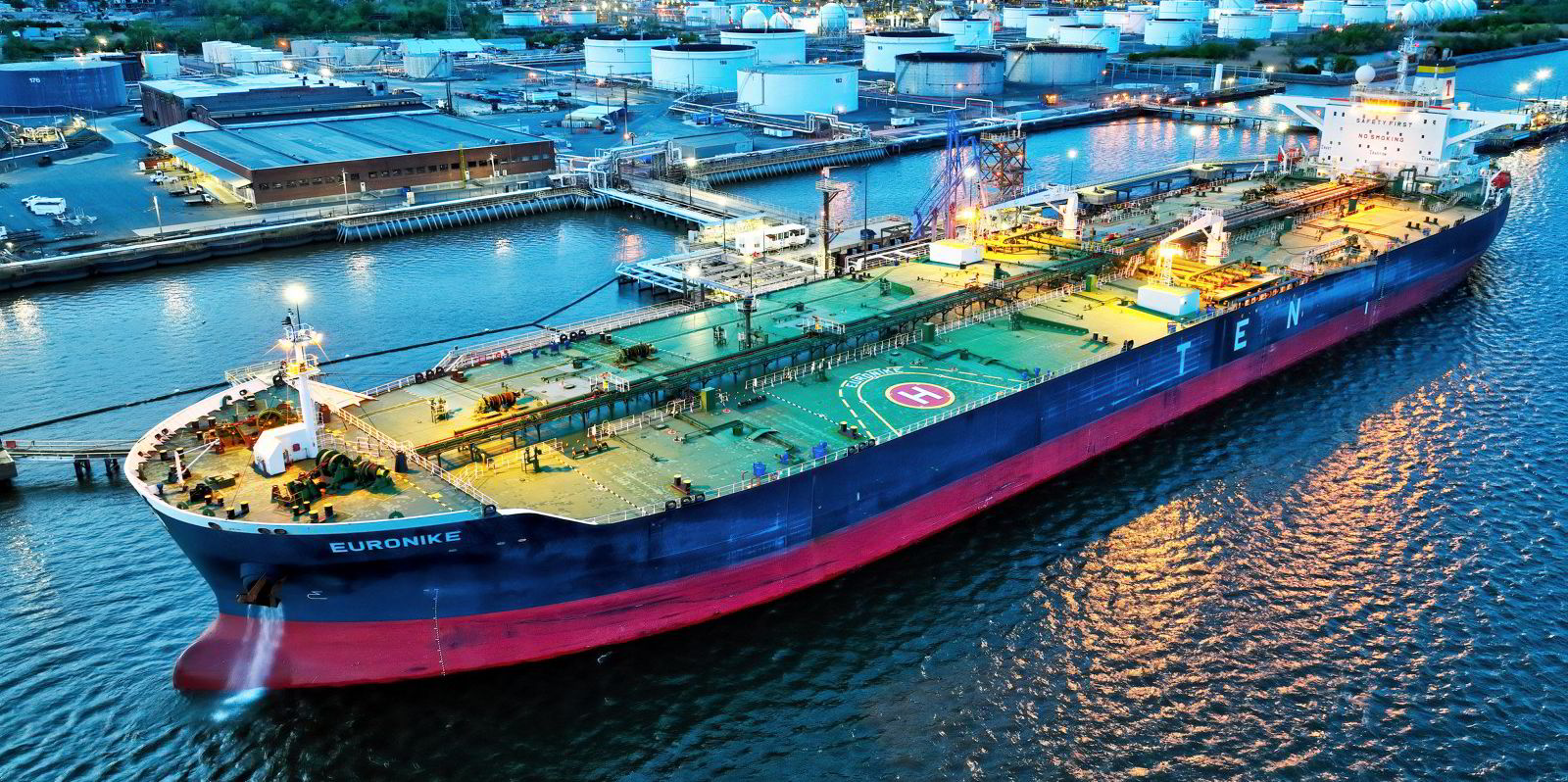
Companies such as Alberta Shipmanagement scored big profit margins by flipping tankers they bought cheaply from Sovcomflot (SCF Group), shortly after the West imposed sanctions on Russia.
The pace of dealmaking has slowed recently. In the first four months of 2024, Greeks sold just 30 tankers compared with 59 deals recorded in the same period of 2023.
This seems to be due to fewer tankers being available for sale, and falling interest amid soaring prices, rather than any bureaucratic obstacles that Western governments have promised to raise to monitor such deals more closely.
Unsurprisingly, most tankers sold have gone to countries commonly associated with Russian oil trading after the Ukraine war began.
One-fifth of the vessels that changed hands emerged under entities managed in the United Arab Emirates.
The share of acquiring management entities based in India and the Seychelles stood at close to 16% combined, followed by China at 14% and Turkey at 9%.
Formerly Greek-held vessels played a considerable — but by no means exclusive — role in the build-up of some fleets that eventually found themselves on the receiving end of Western sanctions, primarily by the UK and less by the US.
The sums raised in the big, fat Greek tanker sale seem to have been primarily invested in renewing owners’ existing fleets rather than in fancy villas, yachts and football teams.
Where did the money go?
While the $8.5bn in proceeds from the tanker sale is substantial, it is overshadowed by the significant investments made by Greeks in tanker newbuildings or on modern secondhand and resale tonnage.
Since the outbreak of the Ukraine war and up until the end of April 2024, Hellenic players placed orders for 174 crude and product carrier newbuildings worth $12.1bn, according to data compiled by TradeWinds.
They were also active in the secondhand market to immediately reap the higher earnings available in the spot and charter markets.
According to figures compiled by TradeWinds for the period between March 2022 and the end of April 2024, Greeks spent more than $5bn to buy up to 190 tankers that were younger, on average, than the ships they sold.
Unsurprisingly, the same names that top the lists of Greek tanker sellers also top those buying modern secondhand tonnage or newbuildings.
TEN, for instance, bought up to 15 tankers with an average age of less than six years — and that tally does not even include the 11 it ordered in the period.

